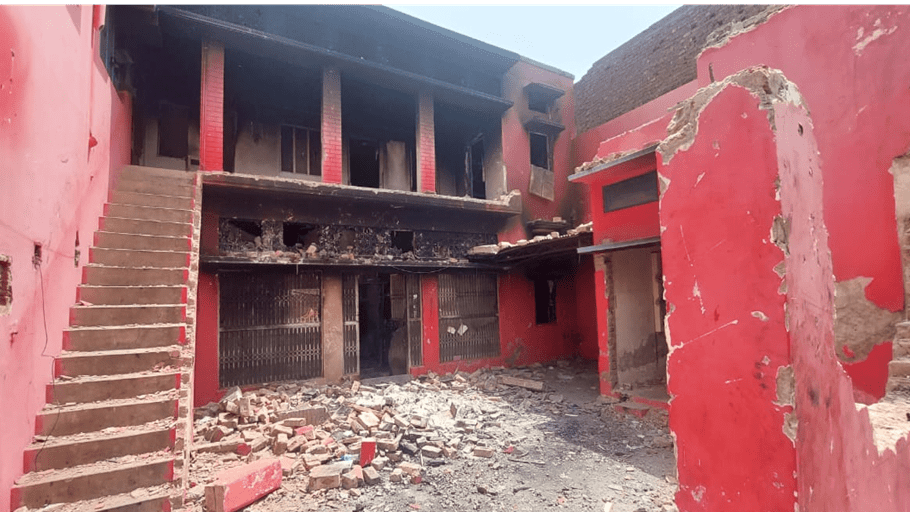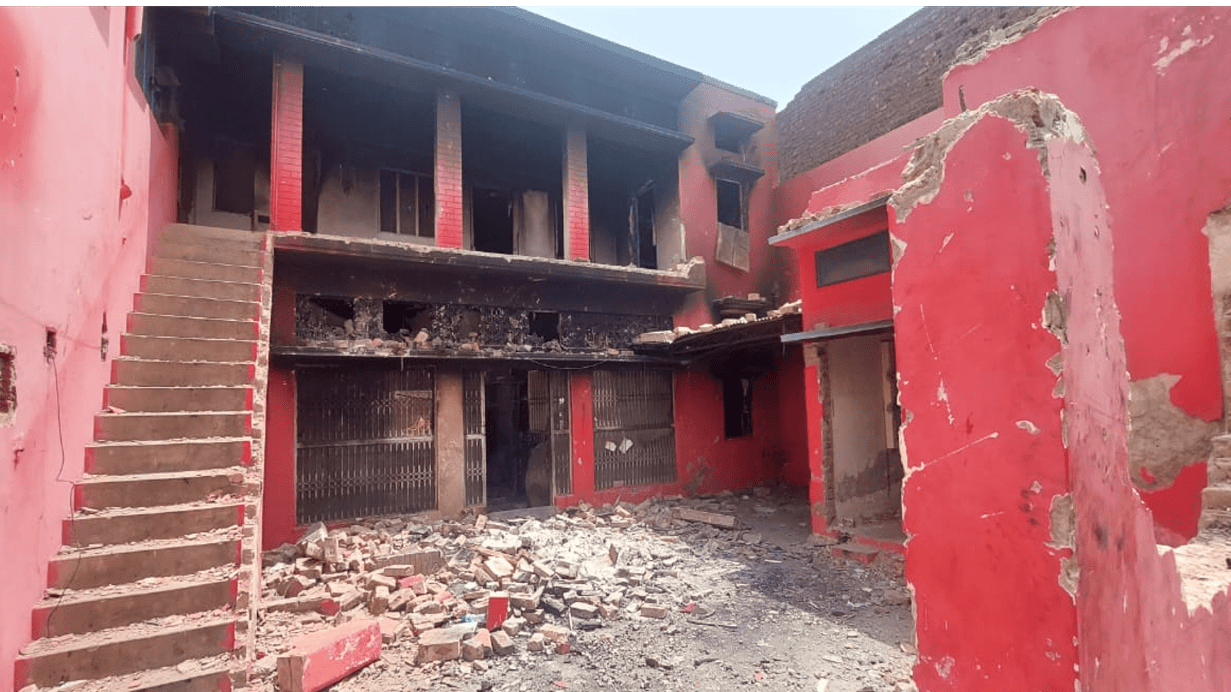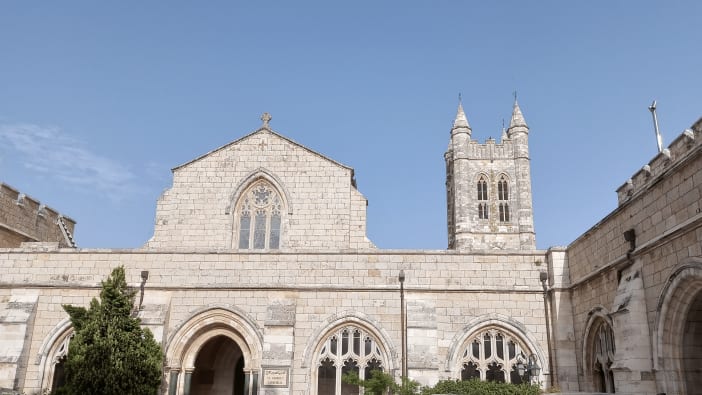Churches and homes torched in Faisalabad
This was the scene on Thursday (17 August) in the predominantly Christian community in Jaranwala, Faisalabad in Pakistan after an enraged mob of around 600 people burnt or vandalised 24 churches and over 500 Christian houses. The homes of several pastors were destroyed and hundreds of Bibles were set on fire.
It came after members of the Christian community had been accused of desecrating a copy of the Qur’an. In Pakistan, such blasphemy – where anyone is deemed to have insulted Islam or Islamic figures – can carry the death penalty and, although no one has ever been executed for it, many who have been accused have been lynched by crowds.
Amendments to the blasphemy law made by the Pakistani parliament this year which intensify the punishments for the crime have drawn criticism from civil society and activists. Fears are that it may worsen tensions among citizens and religious minority groups in Pakistan, while giving more power to dangerous extremist factions.
At least 197 people are reported to have been accused of blasphemy in Pakistan this year – many of them come from religious minority groups.
Attacks on Jaranwala
The attacks in Jaranwala started late on Tuesday night after writings against the Muslim Prophet and the Muslim Holy book the Qu’ran – allegedly by a man from the Christian community – were picked up by one of the elders of the village and immediately taken to the leader of the mosque.
The mosques began to announce that they had found blasphemous content and, before long, 600 people had begun marching towards the accused man’s home, setting alight the houses of Christian people and a church as they went.
As the news spread in the area, similar incidents started to take place so that by Thursday (17 August 2023), 24 churches and the homes of 500 Christian families had been burnt.
News outlet AlJazeera reported Punjab’s Information Minister, Amir Mir, said an initial investigation into the alleged desecration suggested the incident was a ‘well thought-out conspiracy to inflame public sentiments’ and that ‘security of the churches has been tightened and a large number of security personnel have been deployed’.
The man accused of writing the blasphemy is reported to be illiterate and holds a job as a sanitation worker.
Tearfund’s work through the local church
Christians make up around two per cent of the population in Pakistan and are often in the lower economic groups in the country. The affected community of Faisalabad is one where Tearfund works through a network of five local churches and church organisations helping empower people to transform issues of poverty locally by working together.
Thankfully, no loss of life has been reported in this situation as, after hearing announcements from the mosques, people had already fled their homes to find safer places before the attacks took place. However, many families have lost everything they own.
Tearfund’s local partners are in the community speaking with people and trying to estimate damages, but the situation remains extremely sensitive.
Jonathan Johnson, who heads up Tearfund’s work in Pakistan tells us what it’s like to be there: ‘The stories, what you hear from people, you see children crying, that atmosphere of fear. I can't describe it in words but it has definitely taken a huge emotional toll.
‘It has really impacted life – life and risk and that sense of uncertainty, that sense of insecurity, that sense of “what's going to happen in the next minute”.’














